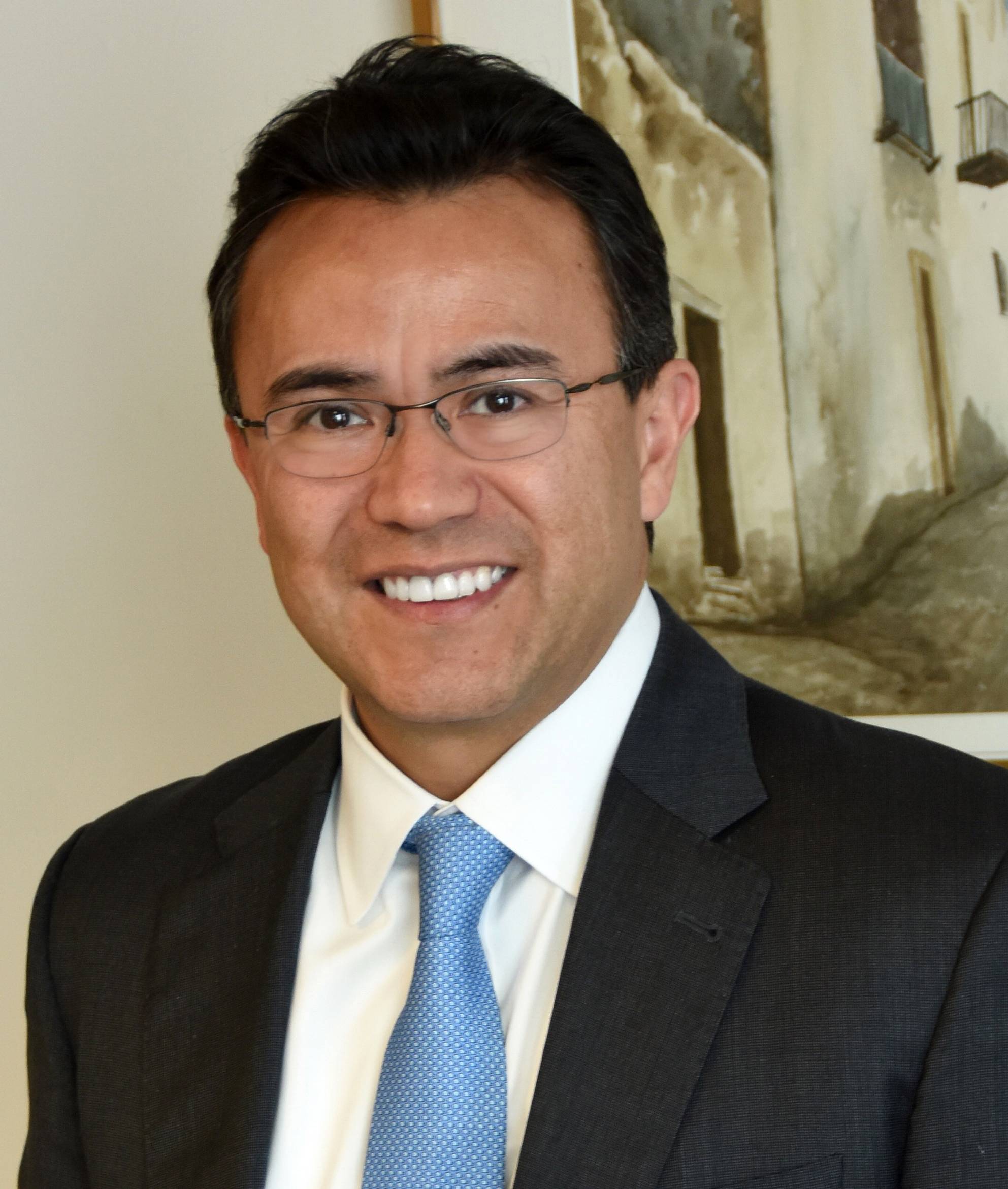We use Cookies. Read our Terms
- News
- Accelerating access and transition
Accelerating access and transition
Interview with Ariel Yépez-Garcia, Energy Division Chief of the Inter-American Development Bank (IDB)

Photo: IDB
In this interview, which was published in the 3/2021 issue of the OPEC Fund Quarterly, Ariel Yépez-Garcia, Energy Division Chief of the Inter-American Development Bank (IDB) talks about how the Bank’s comprehensive approach is contributing to ending energy poverty and achieving a sustainable and inclusive energy transition in LAC.
OPEC Fund Quarterly: What are the biggest challenges in the LAC region on energy access and energy transition?
Ariel Yépez-Garcia: Latin American and the Caribbean (LAC) has progressed in expanding electricity coverage in the last years. In 2019, the region achieved a 97 percent rate of electricity coverage, compared to 79 percent in 1990.
Despite this progress, there are still 18.5 million people with no access to electricity. Moreover, electrification rates have slowed down in recent years, mainly due to challenges in electrifying “last-mile” communities in rural settings. In addition, electricity consumption per capita remains notably low compared to other regions in the world, and the affordability of electricity services remains an important issue.
Most of the people in LAC without electricity service are in remote rural areas served by off-grid technologies. But key challenges remain to scale up the off-grid renewable energy sector. These include the prevalence of geographical and socio- economic constraints in rural areas, such as limited productivity, income-generating opportunities and market access.
The immediate challenge is to accelerate the transition to cleaner energies in the electricity sector, achieve universal access to electricity in LAC and advance the electrification of other sectors such as transportation and industry. This transition must be inclusive for governments, society a nd, above all, for the most vulnerable.
Therefore, at the IDB, we propose a transition that allows 100 percent of Latin Americans to have access to electricity and improve their quality of life. Ending energy poverty needs a comprehensive approach, and IDB’s institutional guidance follows that objective. We are committed to working with governments, civil society, the private sector and the development community to build a more prosperous, inclusive, and sustainable region. Vision 2025 of the IDB Group, our blueprint for achieving sustainable and inclusive economic and social development, sets us on that transformational path to achieve energy transition and decarbonization. This strategy also aims to promote new technology and digitalizing services to reduce the access gap and optimize final costs for consumers.
OFQ: What kind of opportunities are there to achieve Sustainable Development Goal (SDG) 7 and ensure decarbonization?
Ariel Yépez-Garcia: Accelerating the energy transition is aligned with our Vision 2025. ‘Building back greener’ is necessary for the region because it generates an enormous opportunity for decarbonization and job creation. In addition, adopting new technologies, such as distributed solar power, opens an opportunity to reach SDG 7, which aims to ensure universal access to affordable, reliable and modern energy services by 2030. For instance, in Bolivia, one of our PV solar projects had an average savings of 80 percent for householders’ expenses while improving service quality and safety. In this context, energy transition and all the innovation waves associated with it enable LAC opportunities to leapfrog.
Moreover, the opportunity associated with decarbonization in LAC goes beyond SDG 7. The region’s natural resources and renewables potential make energy transition investment an opportunity for sustainable recovery. Besides boosting job creation and system efficiency, well-designed energy transition programs can have a substantial positive fiscal impact, improve gender equity and create a new regional value chain.
The recovery plans of the countries are a necessity and a unique opportunity for the adoption of measures that contribute to the energy transition, which must not only include the goals of SDG 7 but also further advance sustainable development in LAC.
OFQ: Could you please provide us with some examples of how IDB’s work contributes to sustainable energy transformation?
Ariel Yépez-Garcia: The IDB is currently contributing to the transformation of the electric power sector in the Bahamas through credit lines for investment projects (CCLIP) of US$170 million. Therefore, the government of Bahamas has identified the CCLIP as the most appropriate financial instrument.
The project provides timely resources that allow investment programs to have continuity. Therefore, the instrument supports the government’s mediumterm objectives to transform the energy sector with a series of interventions, gradually. The first operation contributes to transforming the electricity sector in the aftermath of Hurricane Dorian by addressing structural challenges that have made electricity costly and unreliable, and have constrained economic growth and dampened the quality of life for the population.
In particular, the program will transform the energy sector by promoting resilient Renewable Energy (RE) resources coupled with conventional power systems designed to withstand the increasing frequency and severity of extreme weather events as part of the reconstruction efforts and as a long-term national strategy. It also presents an opportunity to raise awareness of RE as a new energy subsector and the employment and economic opportunities for Bahamian citizens.
The IDB is also supporting the government of Colombia in the process of increasing its share of renewable energy with specific regulations for energy auctions. This was the first step for the transition based on an auction system that placed, in 2019, more than two gigawatts of solar and wind energy capacity from private developers. The auction price was among the most competitive in the region, and with values such as those obtained in Brazil the previous year and in 2019.